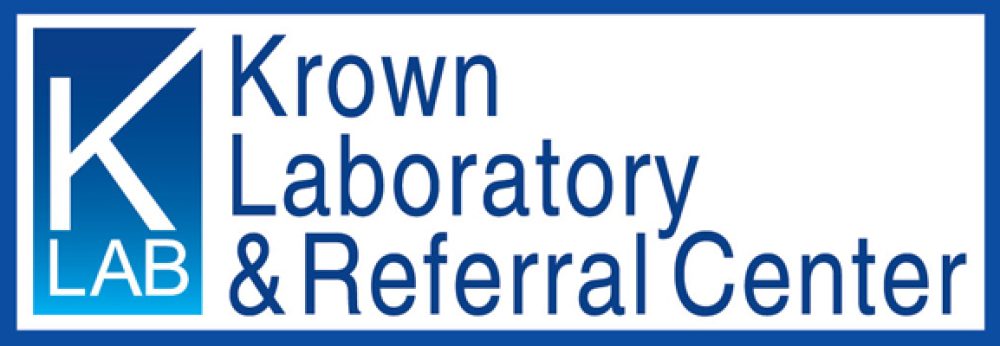Description
Alpha-1 antitrypsin (AAT) is a protein produced by the liver that helps protect the lungs from damage caused by enzyme activity, particularly the enzyme neutrophil elastase. Quantitation of AAT levels in the blood is used to diagnose alpha-1 antitrypsin deficiency, a genetic disorder that can lead to lung disease (such as emphysema) and liver disease.
Alpha-1 Antitrypsin Quantitation Level (AAT)
Test Purpose:
- To diagnose alpha-1 antitrypsin deficiency.
- To assess the risk of developing related lung or liver diseases.
- To monitor patients with known AAT deficiency.
Sample Collection and Preparation:
- Specimen Type: Serum (blood sample).
- Collection Procedure:
- A healthcare provider draws blood from a vein, typically in the arm.
- The blood is collected in a tube and sent to the laboratory for analysis.
Normal Reference Range:
- Adult Normal Range: Typically, 100-200 mg/dL (milligrams per deciliter), but this range can vary slightly depending on the laboratory.
Interpretation of Results:
- Normal AAT Levels: Indicates a normal production of AAT protein, suggesting no deficiency.
- Low AAT Levels:
- Mild Deficiency: May indicate a heterozygous state (carrier) with one normal and one abnormal gene.
- Severe Deficiency: Usually indicates a homozygous state with two abnormal genes, associated with a high risk of developing emphysema and liver disease.
- Intermediate Levels: May suggest the presence of a less common genetic variant or partial deficiency.
Clinical Significance:
- Alpha-1 Antitrypsin Deficiency (AATD):
- Lung Disease: AATD is a major risk factor for early-onset emphysema, particularly in non-smokers or those with minimal smoking history. It leads to the destruction of alveoli in the lungs.
- Liver Disease: AATD can cause liver diseases such as cirrhosis and hepatocellular carcinoma, due to the accumulation of abnormal AAT protein in the liver.
- Genetic Aspect: AATD is inherited in an autosomal codominant pattern. Common variants include PiMM (normal), PiMZ (carrier with moderate deficiency), and PiZZ (severe deficiency).
Follow-Up and Treatment:
- Further Testing: If low AAT levels are detected, additional tests such as AAT phenotype or genotype analysis can help confirm the diagnosis and identify specific genetic variants.
- Pulmonary Function Tests (PFTs): Assess lung function and monitor disease progression in patients with AATD.
- Liver Function Tests (LFTs): Evaluate liver health and detect potential liver damage.
- Imaging Studies: Chest X-rays or CT scans to assess lung damage, and abdominal ultrasounds or MRIs to evaluate liver condition.
Treatment:
- Augmentation Therapy: For individuals with severe AATD and symptomatic lung disease, intravenous infusions of purified AAT can help maintain protective levels of AAT in the lungs.
- Lifestyle Modifications: Patients are advised to avoid smoking, minimize exposure to respiratory irritants, and maintain a healthy lifestyle to protect lung and liver health.
- Medications: Bronchodilators, inhaled steroids, and other medications to manage symptoms of lung disease.
- Lung Transplant: In severe cases of lung disease, lung transplantation may be considered.
- Liver Transplant: For patients with severe liver disease, liver transplantation may be an option.
Special Considerations:
- Family Screening: Relatives of individuals with AATD should be tested to identify carriers and those at risk of developing the disease.
- Counseling: Genetic counseling may be recommended for affected individuals and their families to understand the inheritance pattern and implications of the disease.
Quantitation of AAT levels is a crucial diagnostic tool for identifying alpha-1 antitrypsin deficiency, allowing for timely intervention and management to prevent or mitigate associated lung and liver diseases.



Reviews
There are no reviews yet.